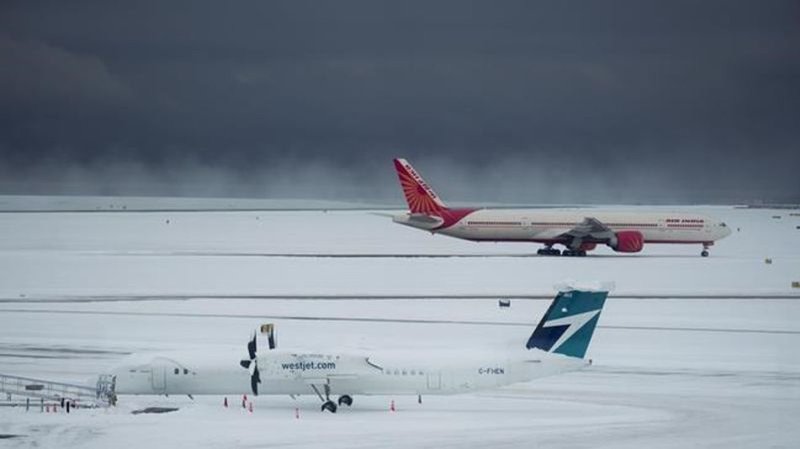
Major winter storm approaching Ontario and Quebec : In The News for Dec. 23
In The News is a roundup of stories from The Canadian Press designed to kickstart your day. Here is what’s on the radar of our editors for the morning of Dec. 23 …
What we are watching in Canada …
A major winter storm is bearing down on Ontario and Quebec, with residents being warned to reconsider travel plans as conditions could get hazardous.
Environment Canada has issued weather warnings for most of Ontario and much of Quebec, saying heavy snow, strong winds and freezing rain are expected in some areas.
